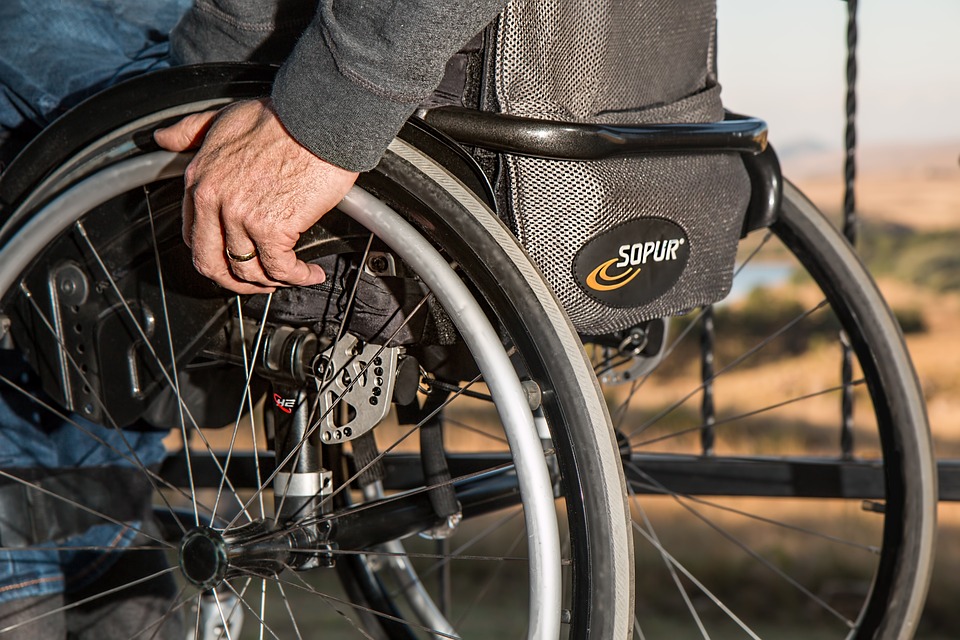Understanding Your Car Insurance Quote

Understanding Your Car Insurance Quote
As a responsible car owner, one of the most important things you need to have is car insurance. It not only protects you in case of accidents but also ensures that you comply with the law. When shopping for car insurance, you will receive a car insurance quote from different insurance companies. Understanding what is included in that quote is crucial in making an informed decision. In this article, we will break down the components of a car insurance quote to help you understand what you are paying for.
Basic Information
When you receive a car insurance quote, the first thing you will notice is the basic information about the policy. This includes the name of the insurance company, the type of coverage, the coverage limits, and the premium amount. It is essential to review this information carefully to ensure that it aligns with your needs and budget.
Coverage Types
There are several types of coverage included in a car insurance quote. The most common ones are liability coverage, collision coverage, comprehensive coverage, and uninsured/underinsured motorist coverage. Each type of coverage serves a different purpose, and it is crucial to understand what they cover before making a decision.
Liability Coverage
Liability coverage is the most basic type of car insurance and is required by law in most states. It covers damages to other people's property or injuries to other people in an accident where you are at fault. The coverage limits for liability coverage are usually expressed as three numbers, such as 25/50/25. This means that the policy will cover up to $25,000 for bodily injury per person, $50,000 for bodily injury per accident, and $25,000 for property damage.
Collision Coverage
Collision coverage pays for damages to your car in the event of a collision with another vehicle or object. It is optional but recommended, especially if you have a new or expensive car. The coverage limit for collision coverage is the actual cash value of your car, minus the deductible.
Comprehensive Coverage
Comprehensive coverage pays for damages to your car that are not caused by a collision, such as theft, vandalism, or natural disasters. Like collision coverage, it is optional but can provide valuable protection for your vehicle. The coverage limit for comprehensive coverage is also the actual cash value of your car, minus the deductible.
Uninsured/Underinsured Motorist Coverage
Uninsured/underinsured motorist coverage protects you in case you are in an accident with a driver who does not have insurance or does not have enough insurance to cover your damages. This coverage is essential, especially in states with a high percentage of uninsured drivers. The coverage limit for uninsured/underinsured motorist coverage is usually the same as your liability coverage limits.
Deductible
The deductible is the amount you have to pay out of pocket before your insurance company will start paying for damages. A higher deductible will lower your premium but will also require you to pay more in the event of a claim. It is essential to choose a deductible that you can afford to pay if you need to file a claim.
Discounts
Many insurance companies offer discounts that can help you save money on your car insurance premium. Some common discounts include multi-policy discounts, safe driver discounts, and good student discounts. Make sure to ask your insurance agent about available discounts and see if you qualify for any of them.
Review and Compare
When shopping for car insurance, it is essential to review and compare quotes from different insurance companies. Look at the coverage types, coverage limits, deductibles, and discounts offered by each company to find the best policy for your needs and budget. Remember that the cheapest quote may not always be the best option, so make sure to consider the coverage and customer service provided by each company.
Conclusion
Understanding your car insurance quote is crucial in making an informed decision about your coverage. By knowing what is included in your quote, you can ensure that you have the right amount of coverage to protect yourself and your vehicle in case of an accident. Take the time to review your quote carefully, compare quotes from different companies, and ask questions to your insurance agent to make sure you are getting the best policy for your needs.

Related Articles